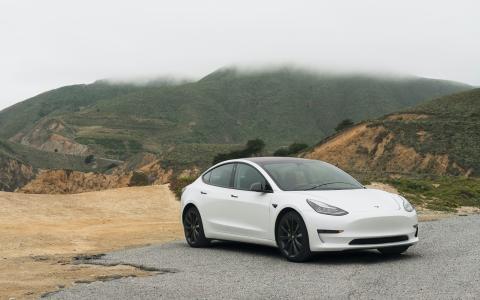
The family office of Michael Burry had a big bearish bet on Tesla as of the end of the first quarter. The investor, who gained fame from the book and movie "The Big Short," is far from alone.
"Tesla is, by far, the biggest short in the market," Ihor Dusaniwsky, managing director of predictive analytics at S3 Partners, told Yahoo Finance Live. "It's been the largest worldwide short for several years now."
Tesla's short interest stood at $22.5 billion as of May 13, according to S3 data. As Dusaniwsky pointed out, that's almost as much as the short interest pegged to Amazon and Microsoft combined.
Put most simply, shorting a stock allows a trader to bet it will move lower. For a fee, the trader borrows a share to sell, then eventually "covers" or buys it — ideally at a lower price — and collects the difference. When the stock doesn't move lower as expected, the trader sometimes finds it too expensive to hold the short, and/or loses patience. That could be enough for the trader to throw in the towel and "buy to cover" the trade. But that buying among multiple short sellers can feed on itself. If new bulls are buying the stock, the price can go parabolic in a classic "short squeeze." (See our Yahoo U explainer on the short squeeze phenomenon.)
That's what had happened to Tesla shares over the past several years: short interest climbed but then the shares skyrocketed, forcing waves of short squeezes that pushed them even higher. That cycle came to at least a temporary pause this year. Tesla's stock has fallen nearly 30% from its record high on Jan. 8.
Even as prices for high-momentum names have moved lower, though, short bets have continued.
"People are shorting into this downward movement" in tech, said Dusaniwsky. "So they're actually keeping their bets up by shorting more stock as the stock price goes down."
He estimates the total value of short interest on the stocks he tracks is $1.1 trillion, up from $990 billion at the end of last year.
This article originally appeared on Yahoo! Finance.



